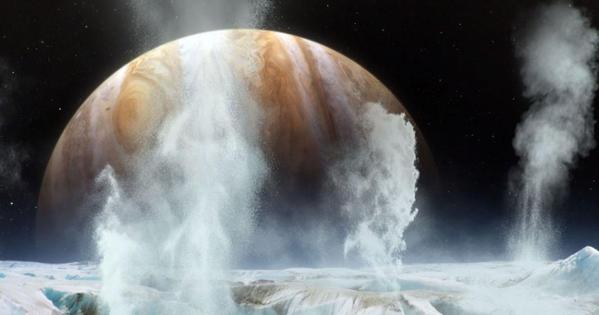AU Hosts NASA International Space Apps Challenge

If you had two days to work with NASA to eliminate barriers of access to space and science opportunities, what would you do?
For nearly 30,000 participants who had this opportunity earlier this month, the sky was the limit. Coders, entrepreneurs, scientists, designers, storytellers, builders, artists, and technologists across the world came together in person and virtually for the 2022 NASA International Space Apps Challenge. Using NASA’s open-source data, they tackled the challenge of scientific access, using their scientific knowledge, artistic skills, business acumen, and wildest imaginations.
American University hosted the Washington, DC, hackathon, which was sponsored by the DC Space Grant Consortium, led by AU Professor of Physics Nathan Harshman. On October 1 and 2, eight teams gathered, virtually and in AU’s Don Myers Technology and Innovation Building for the challenge, with names like Team Artemis, Blue Ridge Climate Emergency, and The Space Works team. They worked together to hack specific challenges developed by NASA, ranging from designing a system that can power a surface lander or rover on Venus, to creating a Space Biology Superhero to inspire youth, to using radio broadcast data from the International Space Station to develop an application that can display images of Earth's ionosphere.
Turning STEM into STEAM
AU’s Team Artemis, which was selected to advance to the global judging phase, came up with a creative way of eliminating barriers of access to space and science opportunities. Team members Leonardo Bruno, Matt Russo, Yichen Zhong, and Christine Nolan created Spacetune, a web application that allows people to interact with the James Webb Space Telescope and Hubble Space Telescope Mission data through music.
“Spacetune commemorates life's most precious moments through song with cosmic images of deep space,” explains the team. “Rather than utilizing science and engineering as the primary educational tool for engagement, our application provides a unique musical journey that allows individuals across all cultural, socioeconomic, and ethnic backgrounds to write and share their personal stories.”
The Making of a Hackathon
AU’s participation in the hackathon all started with one student. During the university’s “Physics at AU” welcome event this fall, Jasmin Mundi (BS computational physics and data science ’25) introduced herself to Chelsey L. Brown, AU’s STEM Grants and Partnerships Coordinator. She told her she was the DC local lead for the hackathon and was looking for assistance with funding and logistics.
“I’m very familiar with hackathons because of my background in IT, so I was eager to help Jasmin,” Brown says. “I shared the information to the DC Space Grant Consortium team, and the decision was made to fund the hackathon. I offered to help Jasmin organize and run the event.”
Mundi says the idea of the hackathon immediately captured her imagination. “I particularly enjoy juxtaposing the different ways we talk about the sciences, and from what I read this hackathon had such a fantastic variety in its challenges which satisfied my curiosity!”
Favorite Moments
Brown says her favorite moment from the hackathon was watching Jaye Verniero (AU alum physics and math ‘14 and NASA Goddard data manager for Parker Solar Probe) interact with the participants. Jaye was invited by Harshman. “By pure coincidence, Jaye’s research directly intertwined with the projects that Team Artemis and The Space Works team were developing,” Brown says. “It was incredible to watch Jaye explain solar wind to them and provide insight on how to parse and creatively display data from the Parker Solar Probe.”
Brown adds that watching people from various backgrounds team up to tackle complex space projects is always exciting. “Being part of making those connections and facilitating collaboration is one of the many reasons why it’s such a joy for me to be a part of the DC Space Grant Consortium team.”
Mundi says the experience was rewarding and inspirational. “Running right towards the edge of what we know brings an appreciable tangibility to ideas that seem otherworldly or out of reach,” she explains. “In “Making Space” [for everyone to have access to space and science opportunities], this event was designed to form a discourse between empowered perspectives that enriches our collective efforts towards navigating the world in which we exist, in every capacity by which we can pursue that endeavor.”
Harshman adds that American University plans on hosting next year’s DC hackathon—and making it an annual tradition. Visit the AU Department of Physics website for updates.
